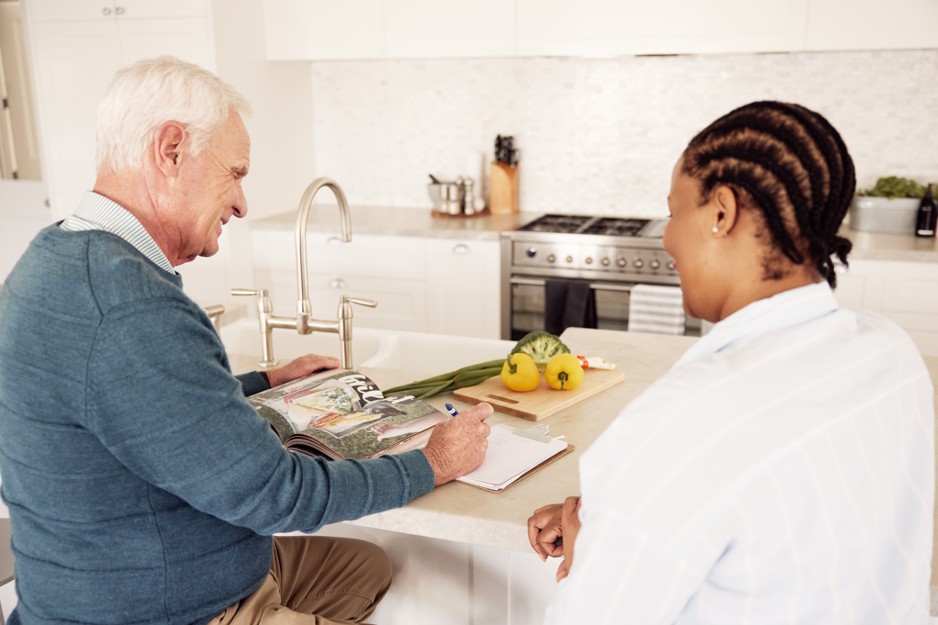2.2.2024

This is areally timely article – I have had two conversations this week about how to getparents over the line with accepting in-home assistance.
The decisionto have care is a big one and it is an adjustment for everyone - for the familyand for the person or people receiving care.
Counter-intuitively,having in-home care allows loved ones to remain independent (by staying at homeand not going into assisted living) however in a lot of cases they feel likethey’ve failed at not being able to stay home without care. Accepting care isnever a failure – it shows an understanding of limitations but a desire toremain at home, in familiar surroundings.
Oneoption we have found is very effective is to start slowly with in-home support.One or two shifts per week to ease into the idea can really make a difference. Onceeveryone is into the pattern of a carer arriving on set days for set times, a routineis built, and the value is seen by those receiving care. Another big factor ishaving consistency with the carer – the same person or people providing carehelps that transition go so much easier.
Most importantly– involve your loved one in the process. That way they have input and controland feel like they’re being listened to.
Please reachout to us if you or a loved one want to discuss in-home options. Sometimes ahome visit or a phone call can help answer some questions and alleviate some uncertainty.
https://theconversation.com/how-do-i-handle-it-if-my-parent-is-refusing-aged-care-4-things-to-consider-221210


Sign up with your email address to recieve news and updates